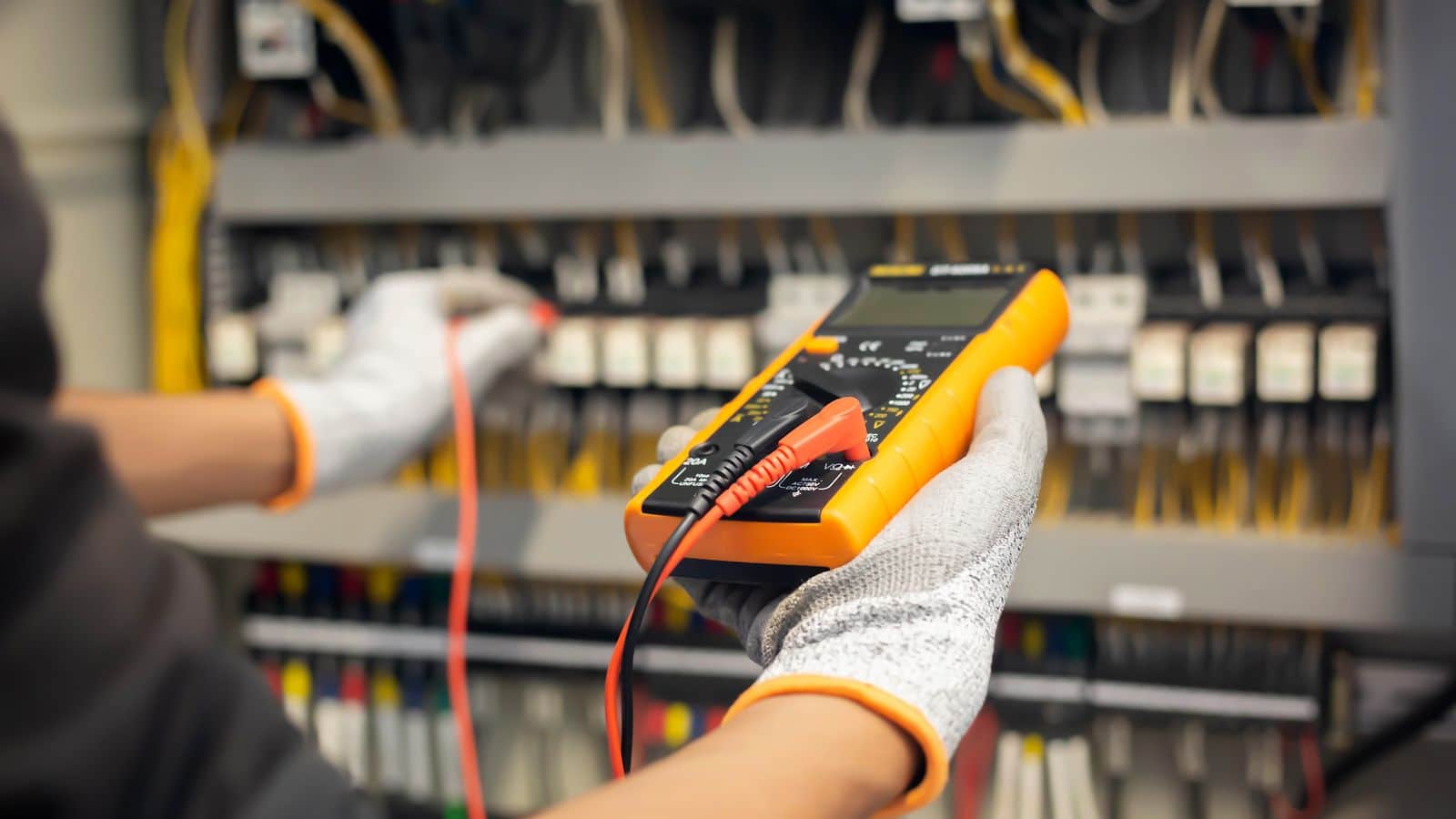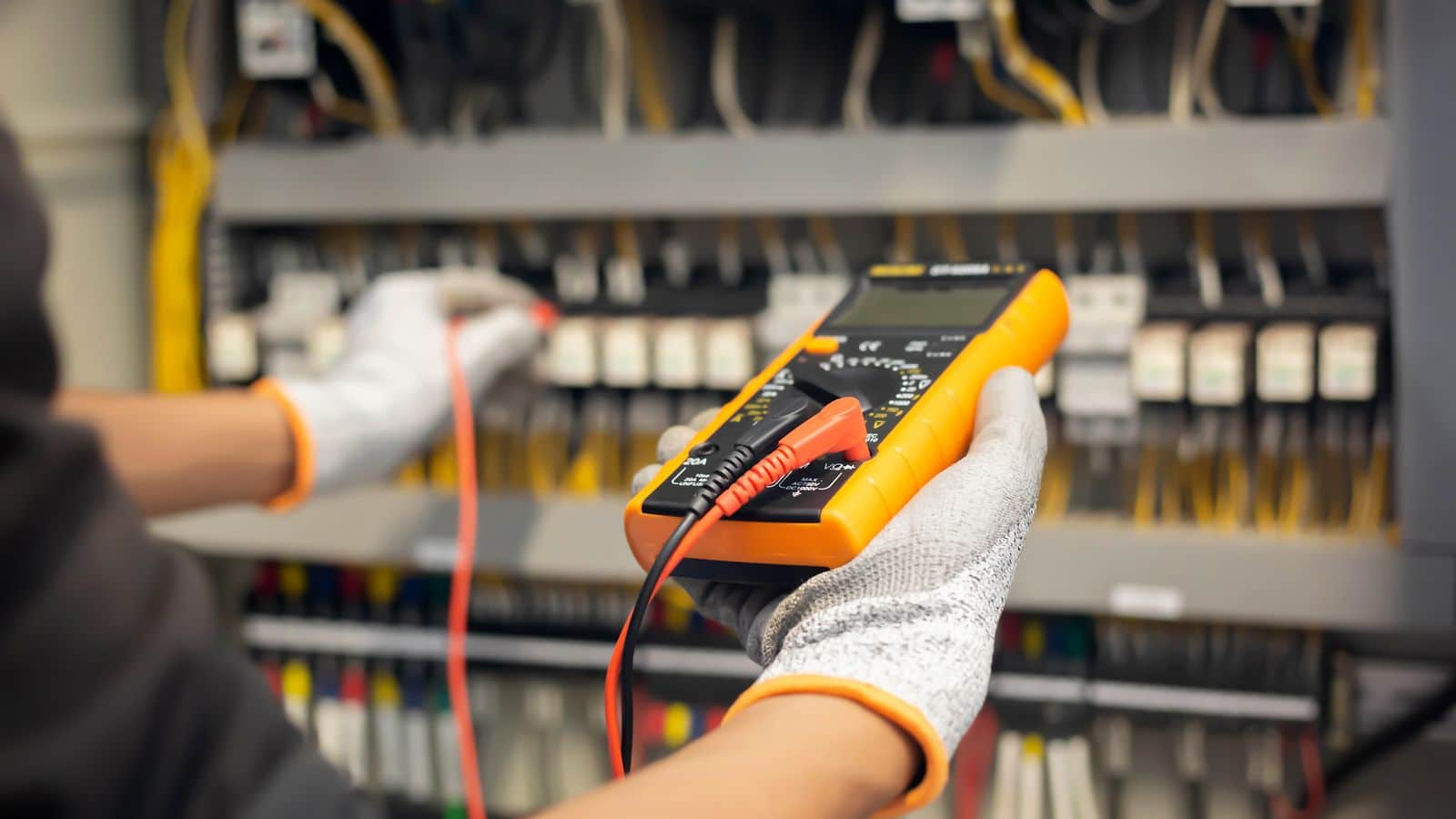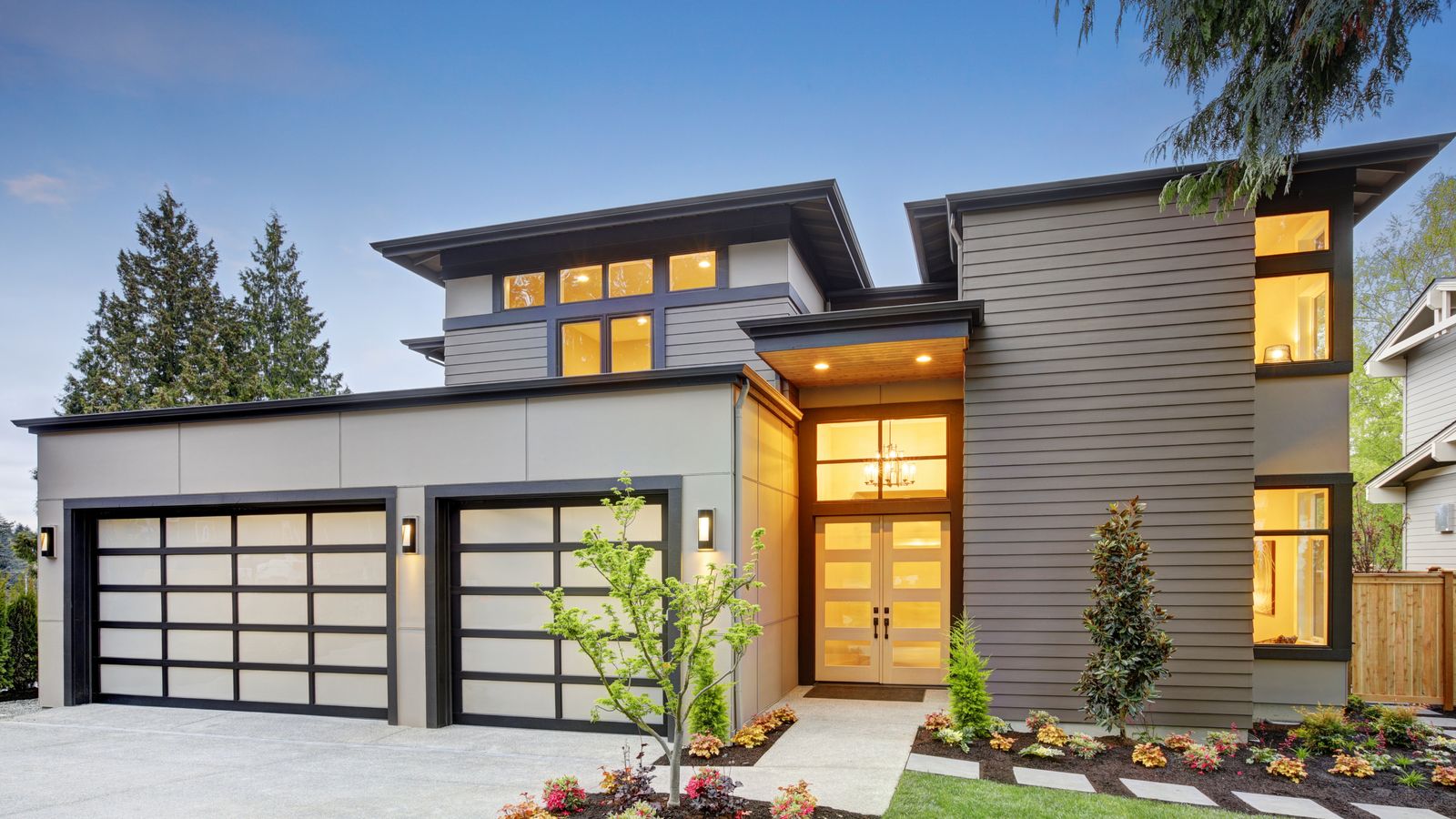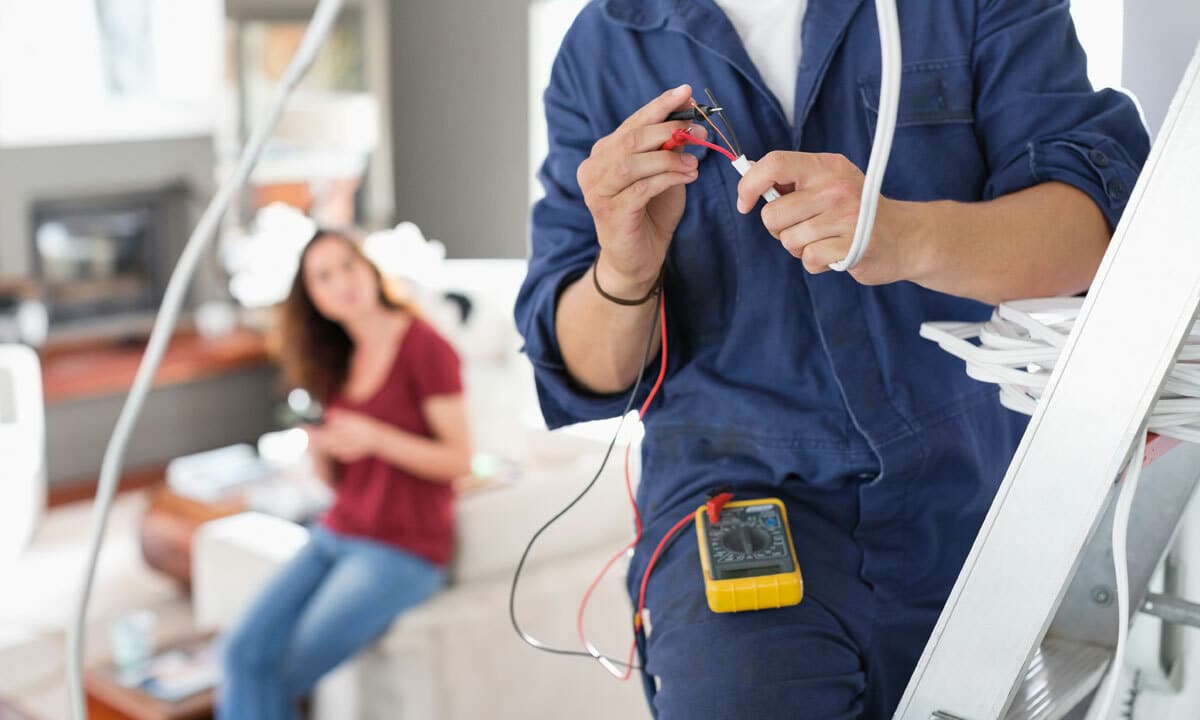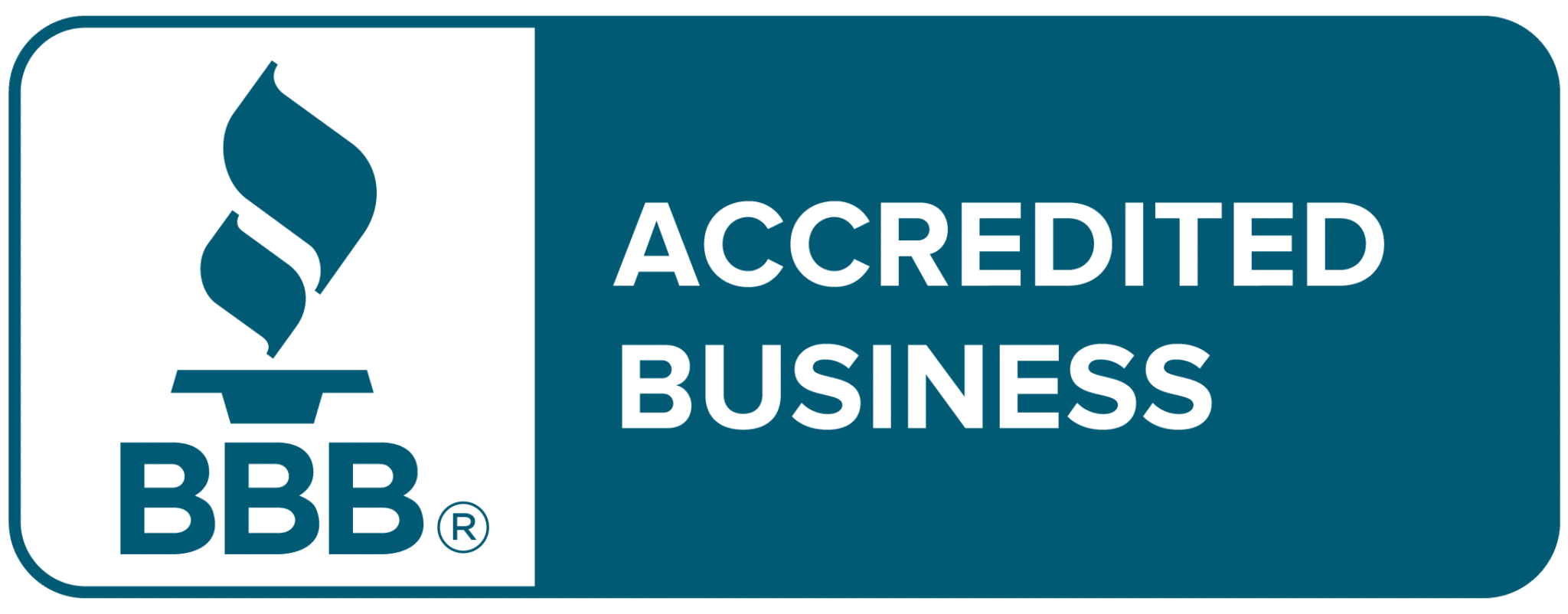Home Electric Car Charging Stations
Reliable Home Electric Car (EV) Charging Stations
Since 2000, Mainstream Electric, Heating, Cooling, & Plumbing has been the trusted choice for professional home electric car charging stations in Spokane Valley. Available 24/7.
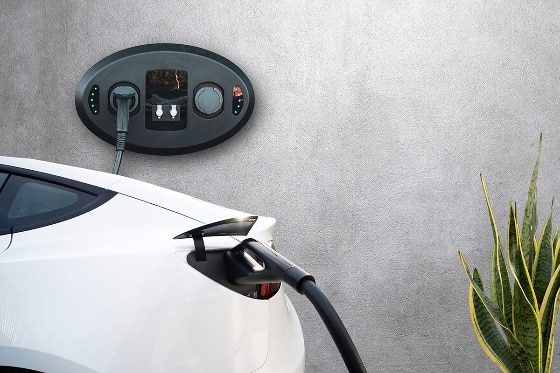
Home EV Charging
Expert Installation For EV Charging
Looking for a reliable solution for your electric car charging needs at home? Mainstream Home Services offers expert installation of home electric car charging stations in Spokane Valley. Our team of licensed electricians ensures safe, efficient, and code-compliant installations, making charging your EV convenient and hassle-free. We’re available 24/7 to handle all your installation, repair, and maintenance needs.
The Mainstream Difference
Why Spokane Homeowners Choose Mainstream
Welcome to Mainstream Home Services – your one-stop solution for all your electrical, heating, cooling, and plumbing needs. Here’s why you should trust us with your home services:
Flexible Scheduling
We respect your time and prioritize efficient communication. We ensure minimal wait times for our technicians, allowing you to spend more time enjoying your home. Expect a call before our technician arrives, giving you the flexibility to plan your day accordingly.
Transparent Pricing
No surprises, no hidden costs. Our upfront pricing provides competitive quotes tailored to your specific service requirements. You'll receive a detailed breakdown of the work involved, ensuring transparency and total peace of mind.
Expert Technicians
Our friendly, skilled technicians are experts in electrical, heating, cooling, and plumbing services. With state-of-the-art tools and expertise, we guarantee precise, code-compliant work. Your home will be left spotless, reflecting our commitment to cleanliness and professionalism.
Our Blog
Spokane Service Area
Greater Spokane & Beyond
We proudly service the following cities and neighborhoods in Spokane & Northern Idaho:
- Nine Mile Falls
- Otis Orchards
- Post Falls
- Rathdrum
- Spokane
- Spokane Valley
- Veradale
- Worley
- Wood Lake
Not seeing your area? Give us a call at 509-237-6483
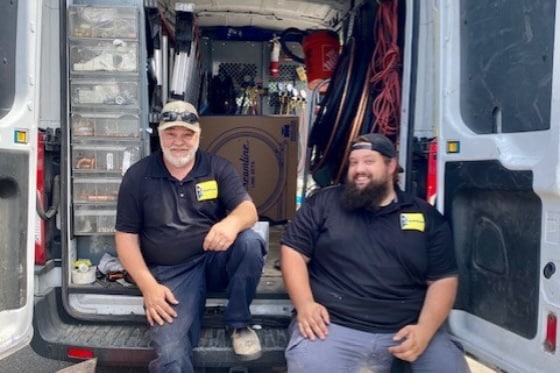
ELECTRICAL SERVICES
All Electric Services
We can handle all your electrical needs with ease and efficiency. Here are just some of our electrical services. View all of our electric services available in Spokane and Northern Idaho.
Call or Schedule Your Service Online!
Electric Car Charging Station
Frequently Asked Questions
Can a regular outlet charge an EV?
All mass-produced electric vehicles today include a 110-volt-compatible (Level 1) charging unit which is able to be plugged into any standard 110v household outlet.
Can I use my electric vehicle as power source and backup generator?
Some vehicles may be used as power source and backup generator. For example Ford makes a truck called the F150 Powerboost. It is a hybrid truck that uses a 3.5L V6 coupled with electric motors and a hybrid battery. It is capable of generating up to 7200W at 240 Volts and can be connected to someone’s house using a manual transfer switch. It has been around for several years and seems to be well liked. You can get more information about it on the Ford website.
I don’t have a garage on my house. Is it safe to install a plug or power connector on the outside of my house?
Installing an outlet or EV charging equipment on the exterior of your house is completely safe. Almost all EV power connectors are NEMA 3R rated. This means that they can withstand wind, rain, snow, and ice without failing. They are not submersible, however, so installing a power connector or EV outlet in a place that can be flooded is not advisable.
Does my house have enough available electricity to charge an EV?
This is a very broad question, but it gets asked frequently. I wish I could say that if your house was built after, say, 1975, it should have enough available electricity to safely and quickly charge your EV. However, I have seen homes built in the 1950s that have plenty of available power to charge an EV, and newly built homes that require a service upgrade (or an increase in service amperage) to charge an EV. The biggest factor that I see that determines whether or not your house can charge an EV without significant modifications is the type of heat that you have. Homes with gas or oil heat tend to have enough electric service capacity left over to charge an electric vehicle. In many cases, homes with electric heat do not have enough available service capacity to charge an electric vehicle. This is because the heat pump and heat coils can take up a significant amount of service capacity to run when the weather gets cold. Please keep in mind that this is merely a “rule of thumb” and cannot be trusted to officially determine whether or not you have enough service capacity to charge an EV. In order to truly determine if your home can safely handle an EV, you should have a licensed electrician perform load calculations on your home to verify.
Do EV chargers need maintenance?
Just as with any equipment or technological device, regular upkeep for EV chargers is paramount. Here’s the rationale:
- Peak Efficiency: Consistent maintenance guarantees your charger operates at peak efficiency. This translates to not only quicker and more dependable charging but also judicious use of electricity.
- Safety Measures: Chargers subjected to regular use can pose safety threats if left unchecked. Compromised cables or malfunctioning connectors might precipitate accidents or, in dire circumstances, fires.
- Enhanced Durability: Even though EV chargers are designed for durability, habitual inspections can extend their operational life. Neglecting trivial issues today can evolve into substantial complications tomorrow, necessitating expensive interventions or replacements.
- Economic Advantages: Taking a preventive approach to maintenance allows you to detect and address budding issues before they balloon into larger, cost-intensive challenges.
- Assured Reliability: The comfort of knowing that your charger is in optimal shape is invaluable, more so when it’s crucial for daily travels or extended journeys.
What kind of charging station do I need?
There are currently 3 types of EV charging stations. The type of EV charger you need depends on the type of vehicle you’re charging:
- Level 1—These are best for low-needs electric vehicles like golf carts. A level one charger can be plugged into any grounded 3-prong, 120-volt outlet, and it usually takes 20 or more hours to complete a full charge of the battery.
- Level 2—These are the ideal home electric car charging ports, and you need to have a dedicated 240-volt circuit installed in your garage, by your electrician, for safe and efficient charging. These electric car chargers should juice up your car’s battery in approximately 3 hours. Naturally, they’re more expensive than Level 1 chargers, but they make more sense if you are dedicated to using your electric vehicle on a regular basis.
- Level 3—These are for industrial and commercial locations and draw a lot of electricity, so they need special installation. Public car chargers are typically level 3 chargers. They can add about 160 miles to a vehicle’s battery in just 30 minutes. If you have a business that manages a fleet of electric vehicles, contact your Northern Virginia commercial electrician to have these installed safely and correctly.
Can I install an Electric Car Charger or EVSE myself?
Never try to install an EVSE (electric vehicle supply equipment) by yourself. As with any other electrical work you need to have done at your home or office, you should always rely on your licensed electrician to do the work properly, safely and up to current code. Your electrician will need to check the wiring and establish that you have the proper circuitry installed to ensure safe and effective operation of the electric car charger. Although this may seem more expensive up front, the electric vehicle charging outlet installation service provided by Mainstream Electric will keep you and your home and electric vehicle safe and prevent more expensive problems down the line. In fact, your electric car warranty, and the EV charger warranty may be voided if the EVSE is not properly installed by a licensed electrician in the first place, so don’t risk your safety over this!
Can Mainstream install an EV charger in my home?
Yes, Mainstream’s licensed electricians are qualified and experienced professionals who can install EV chargers. They possess the necessary electrical expertise and knowledge of local electrical codes to ensure a safe and compliant installation.
EV Charger Installation Near Me
Your EV Charging Station Installation Experts
Why Choose a Home Charging Station?
Public charging stations are convenient for on-the-go top-ups, but for daily use, a home charging station offers unmatched benefits:- Overnight Charging: Wake up to a fully charged car every morning.
- Cost Savings: Home electricity rates are usually lower than public charging stations.
- Faster Charging: Level 2 home chargers are quicker than the standard Level 1 chargers.
- Weatherproof Convenience: Charge your car in any weather from the comfort of your smart home.
Mainstream Makes EV Charging Easy
At Mainstream, we simplify the process of setting up a home charging station:- Expert Consultation: We assess your electrical system and recommend the best charging station for your needs.
- Permitting and Approvals: We manage all the permits and approvals with local Spokane authorities.
- Seamless Installation: Our licensed electricians install your charger quickly and efficiently, minimizing disruption.
- Post-Installation Support: We provide ongoing support for any questions about operating and maintaining your charging station.
Types of EV Chargers
We offer a variety of electric car home charging stations to meet your needs and budget:- Level 1 Charger (120v): Standard with most EVs, plugs into a regular outlet but charges slowly.
- Level 2 Charger (240v): Popular for home use, offers much faster charging times and requires professional installation.

